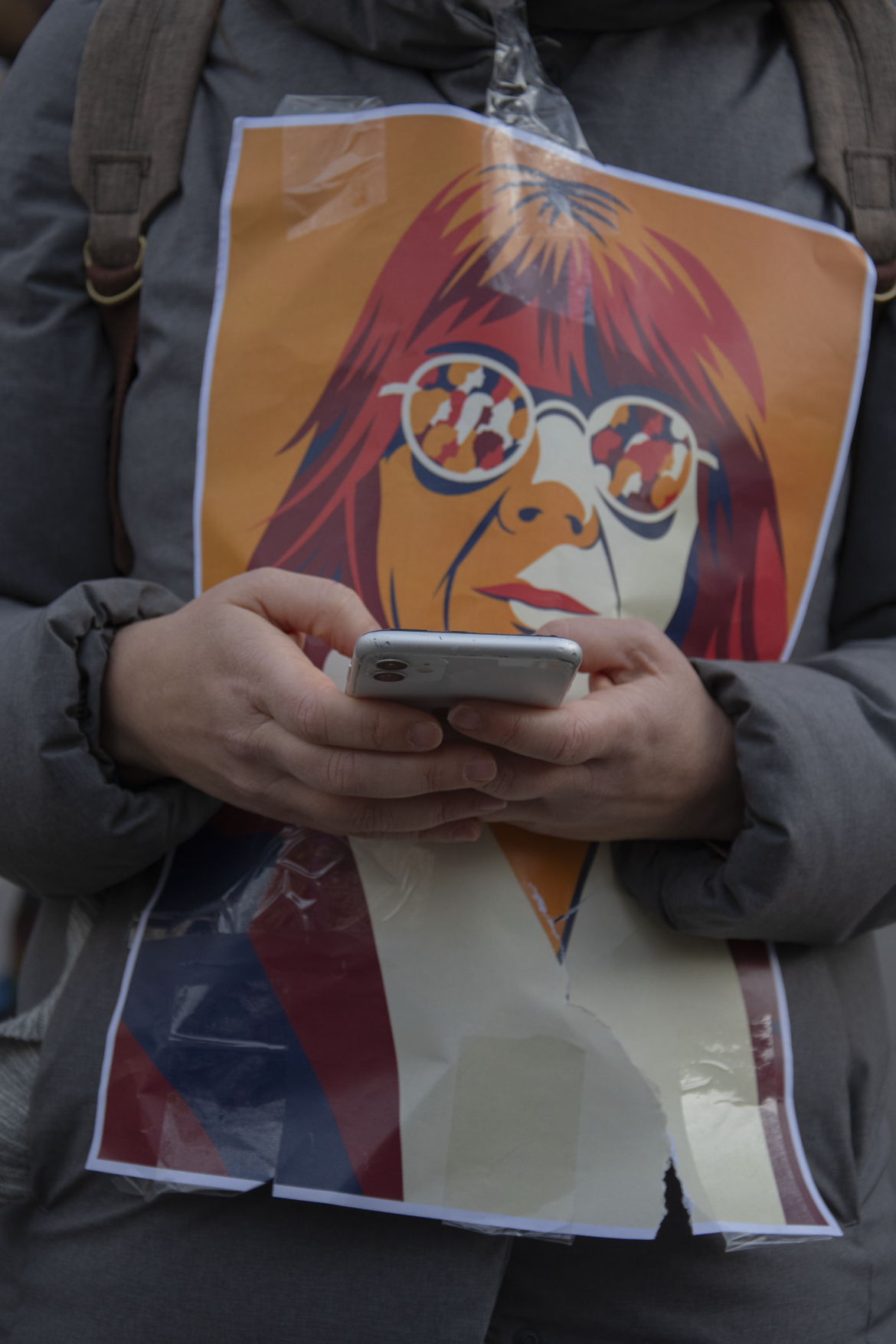Trigger warning: this article discusses sexual violence, rape, sexual harassment, drugging, and domestic abuse.
While many recall the tragic court case in Avignon, France, her name is often forgotten. However, her name must be remembered not just because she is a survivor of an unthinkable crime but because she is changing the narratives and breaking down the stigma for survivors of sexual violence. Her name is Gisèle Pelicot. At 71 years old, she is a wife of more than five decades, a mother to three children, a retired logistics manager, and a survivor of mass rape at the hands of her husband.
The court proceedings began on September 2nd, 2024, and Gisèle is currently continuing to battle her husband, Dominique Pelicot, in a mass rape trial. The horrifying story begins with Dominque being caught taking photos up women’s skirts in a supermarket. Investigators searched his phone and computer for evidence and found a shocking discovery. Dominque had thousands of photos and videos of men raping Gisèle while she was unconscious. Further police investigation revealed that Dominque was using websites for sexual criminals where he invited men to rape his unconscious, drugged wife.
Only when police began to question Gisèle about her husband’s crimes did she find out about the violation her husband had been inflicting on her. Facing the thousands of photos and videos, Gisèle identified herself as the unconscious woman who had been drugged and raped for the past ten years. In the face of this despicable revelation, Gisèle has stated that she is unsure if she will ever emotionally or mentally recover:
“I’m a woman who’s totally destroyed… my life has tumbled into nothingness.” She added: I don’t know how I’m going to rebuild myself, get over all this… at almost 72 years old, I don’t know if I have enough life to get back on my feet.”
Yet, despite facing unfathomable circumstances, Gisèle decided to challenge the narrative for survivors of sexual violence. She is currently taking her husband and 50 of the 72 rape suspects to court to hold them accountable for what they did. Usually, the standard procedure involves holding trials of sexual crimes in private to protect identities. Gisèle, however, insisted upon the trial being held publicly and her identity being released. In a quote that has taken the world by storm, Gisèle explained why:
“I’ve decided not to be ashamed. I’ve done nothing wrong…I want all women who have been raped to say: Madame Pelicot did it, I can too. I don’t want them to be ashamed any longer.”
Gisèle’s bravery has touched countless people around the world. Many are deeming her a hero and “a true feminist icon“ for flipping the script and shifting the focus of blame onto the perpetrators. Supporters have surrounded the court on each day of the trial thus far, and French feminist groups have planned over 30 protests all over the nation to support Gisèle. Gisèle even has supporters on the other side of the world. The Older Women’s Network, an Australian group promoting older women’s rights, dignity, and well-being, collected enough money to send Gisèle a scarf made by Mulyatingki Marney. The scarf by Marney, an Aboriginal Martu artist, is covered with images of saltwater pools as the Martu people value them for their healing qualities. Others have even called for Gisèle to become Time Magazine’s Person of the Year or win the Nobel Peace Prize.
The trials against Dominique Pelicot and the other 50 men are still underway. As it stands, Dominique confessed to police that he invited dozens of strangers into his house to rape Gisèle, and the other 50 men were identified on video committing the crimes. Most of the men on trial face up to 20 years in jail if found guilty of aggravated rape. Despite this, French laws are vague regarding people consenting on behalf of their partners. This vague definition of rape means that the outcome of the trial is unclear, and many of these men might not be found guilty.
Gisèle is fighting to change the law so no other survivor will be in a situation like hers. She is fighting to change the stigma so that perpetrators feel ashamed of their actions instead of survivors feeling ashamed of speaking up. She is a powerful voice in the feminist movement, and her bold choice to challenge discrimination head-on proves that. She chose to make her name public, so her name should be said, remembered, and celebrated: Gisèle Pelicot.
Edited by Lucy De Cartier
This is an article written by a Staff Writer. Catalyst is a student-led platform that fosters engagement with global issues from a learning perspective. The opinions expressed above do not necessarily reflect the views of the publication.

